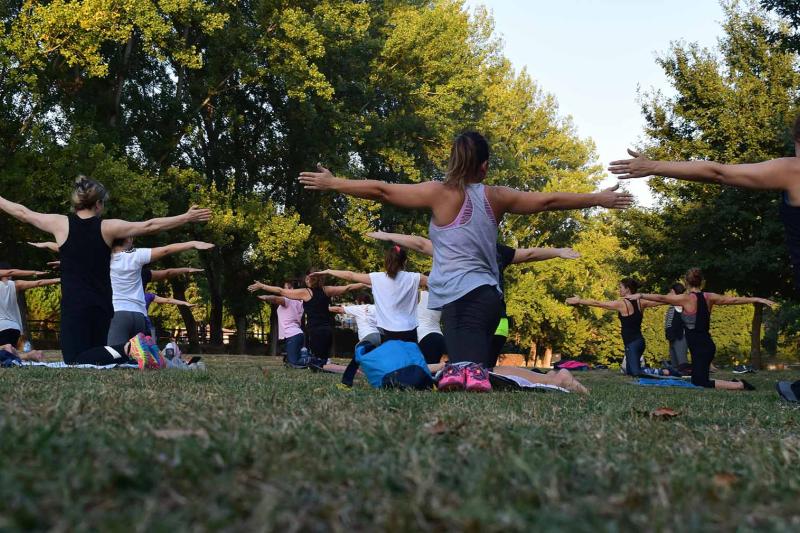Report shows community strengths can be overlooked in natural disaster response

New Victoria University research highlights that recovery from natural disasters does not just involve damage to infrastructure, but also has a long-term emotional toll on communities.
Growing the seeds: Recovery, strength and capability in Gippsland communities (PDF, 3.31 MB) is a comprehensive report by researchers Celeste Young and Professor Roger Jones exploring community recovery following the combination of impacts from 2019-20 bushfires and COVID-19.
Based on interviews, focus groups and surveys with communities in Gippsland in Victoria and Wellington Shire in New South Wales, the study focused on community strengths during disasters, and how to build on them.
It identified opportunities for change, including the need for a five-year plan for building community emergency management capability — well before the next disaster strikes.
With the fires damaging over half of East Gippsland’s 1.16-million hectares, destroying more than 400 dwellings and businesses, and killing four people, Ms Young said some communities were under threat for weeks and evacuated repeatedly, exhausting them before recovery could begin:
“Many of the strengths needed to drive recovery and resilience are already at the heart of these communities, and include generosity and kindness, resilience, and active volunteering. In natural hazard-prone areas like Gippsland, it’s crucial to know what strengths already exist so they can be harnessed when disaster hits.”
The report also found significant existing local knowledge of risk management and recovery, which is often overlooked by external support agencies.
Other findings:
- some supporting agencies lacked knowledge about the cultural, physical and social structures of different communities
- programs and communication were often not tailored and did not accommodate the diverse needs of communities
- a lack of clarity about the role of the community in recovery response and risk ownership
- volunteer and informal economies underpin community resilience, but formal recovery strategies don’t target them well.
Ms Young said a database of community capabilities would support more effective planning, policy-making and program development.
The researchers have lengthy experience exploring vulnerability to natural hazards, risk ownership and diversity and inclusion as part of their work with the Bushfire and Natural Hazards Cooperative Research Centre.
Read more about the study in the Conversation.



